PostTime:5/25/2021
Approved by the Ministry of Education, GTIIT opens Mechanical Engineering and Robotics (MER) program, which will enroll students from 2021.
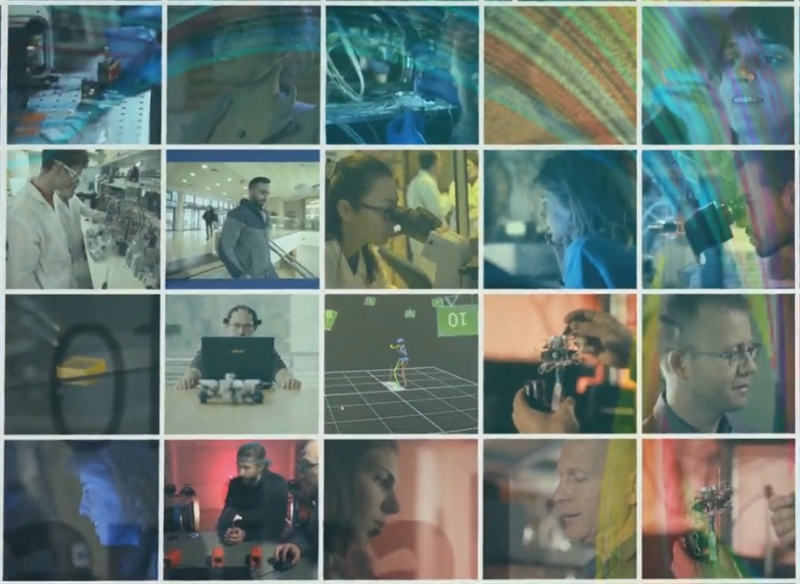
As one of the broadest and most comprehensive engineering fields, mechanical engineering is engaged in transforming scientific discoveries into products that can benefit society. Mechanical engineers play a crucial role in the development, planning, and implementation of advanced manufacture machinery, robots, computerized mechanical systems for general and medical applications, electro-optic equipment, computer-aided planning, cooling of electronic chips, as well as power stations for the production of electricity from renewable and non-renewable power sources, land, air and sea transportation vehicles. Today's rapidly developing technology poses numerous demands to mechanical engineering training and education in the basic sciences and in the advanced technologies.
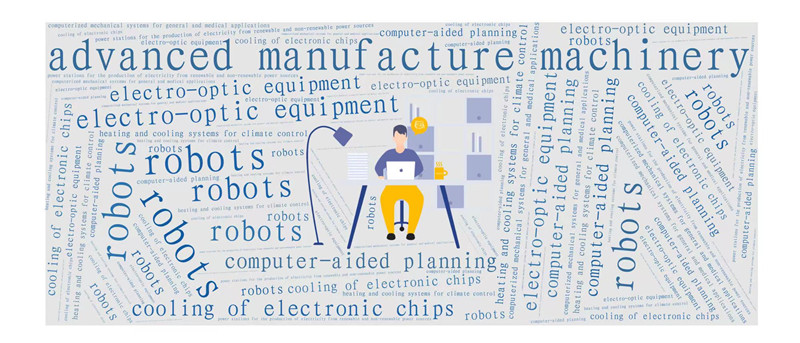
To help students and parents better understand the strengths of this program, we have collected some Q&A for your reference:
Why GTIIT opens MER program?
Keeping the tradition of Technion's prestigious disciplines, the MER program at GTIIT integrates traditional mechanical engineering with creative expertise in robotics, and aims to cultivate talents with integrated knowledge.
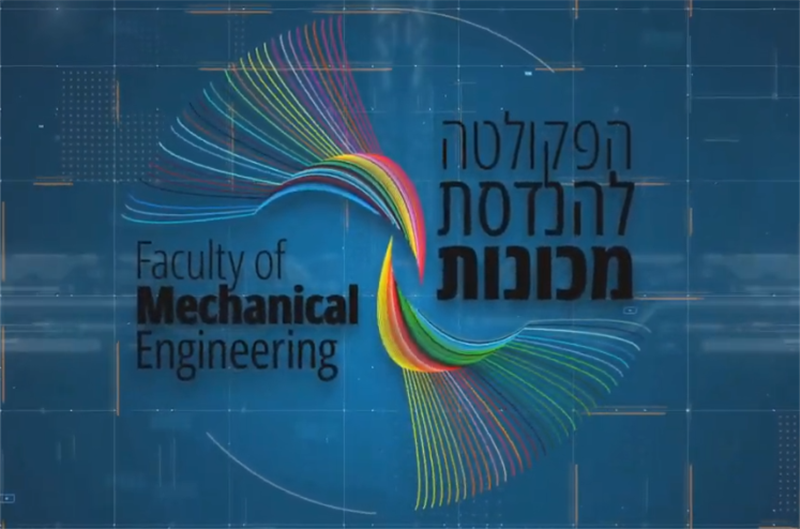
Established in 1948, the faculty of mechanical engineering is one of the prestigious faculties in the Technion. With strong faculty team and fruitful engineering teaching experience, it has produced many graduates who have contributed to industrial success stories for Israel either as industrial engineers or engineering managers. On the basics of Technion's disciplinary resources, GTIIT MER program is expected to achieve rapid development and become a high-level platform for talent training.
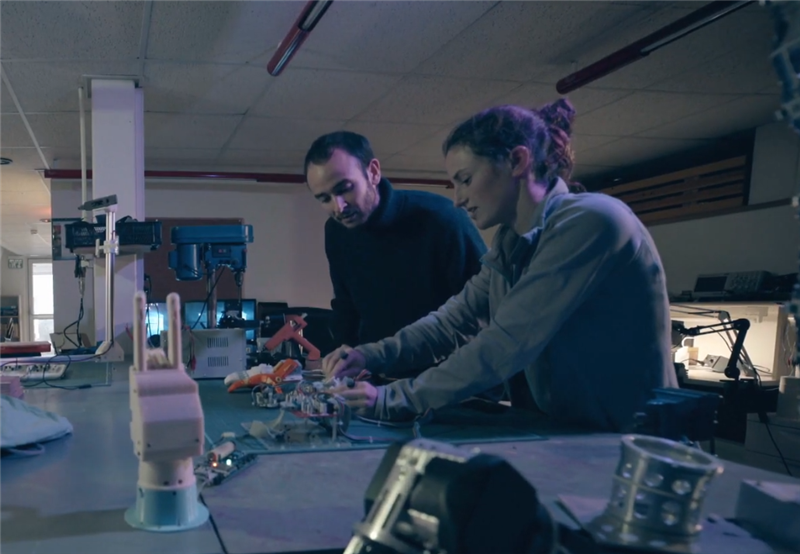
GTIIT is currently accelerating the establishment of interdisciplinary research centers in accordance with the interdisciplinary trend in higher education, to build up the strong features and advantages of a new international university in China. Among these Center is the Robotics Research Center, which will become the main GTIIT branch supporting the MER program, providing teaching and research services. Integrated with multiple disciplines including mechanical, electrical, engineering, and computer engineering, the Center will carry out plentiful research projects on robotics such as medical, industrial, and group robotics. Researchers working in this Center will also undertake teaching tasks and fully apply their research experience and achievements to undergraduate teaching and training.
What to learn during college life?
The MER program aims to prepare its students to deal with challenges so that they can take front-line positions in developing technologies in a wide spectrum of fields. After 4-year study, students will receive a strong foundation in basic subjects (mathematics, physics, solid mechanics, dynamics, thermodynamics, fluid mechanics, and control theory). Subsequently, they will be specialized in one or more of the diverse areas of the Mechanical Engineering discipline. On both undergraduate and graduate levels, the MER Program offers several tracks of specialization which include a list of elective courses including advanced design and manufacturing, computational methods, control and automation, conventional and alternative energy production technologies, mechatronics, and robotics, so that the education program adequately reflects the broad professional spectrum of mechanical engineering. The first five semesters of undergraduate studies are devoted mostly to basic sciences and engineering sciences. In the last three semesters, students take elective courses according to their own chosen area of specialization.
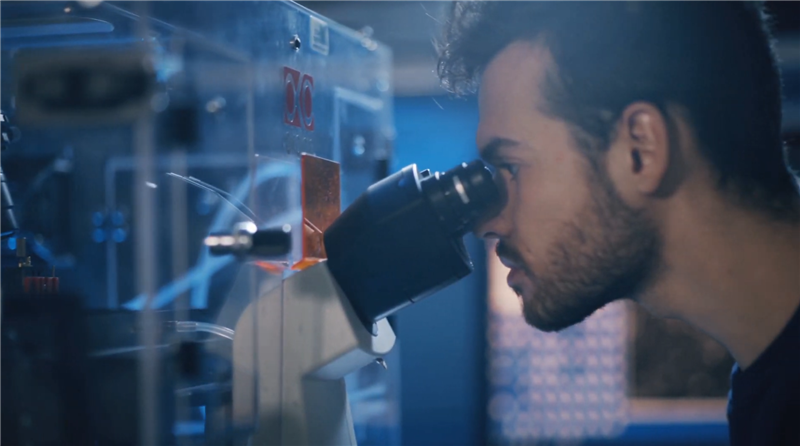
Besides the theoretical studies that students receive, GTIIT MER faculty also offers 13 experimental courses in various teaching laboratories, where the students can apply their knowledge to real engineering practice. Some of the courses are rarely provided in other universities, such as Advanced Manufacturing, Renewable Energy, Robotics, Advanced Propulsion Systems and Combustion Engineering, Micro-Electro-Mechanical System, Microprocessors, and Control Systems. Every undergraduate student, in the last semester of his/her studies, carries out a number of engineering projects under the supervision of faculty members, which train students to apply their knowledge to advanced engineering problems. Students also have the opportunity to join the research lab of the faculty members and participate in the research projects, where students may acquire experience in communicating and disseminating their results as co-authors in scientific papers published in professional journals and conference presentations.
The MER program has a number of advanced computer rooms and robotics labs as an aid for planning and production in solving robotics and other complex problems.
Who will teach us?
The MER program currently has 34 tenure-track and adjunct academic staff members from China, Israel, Russia, Greece, United States, India, United Kingdom, Spain, Italy, Finland, etc., with doctoral and post-doctoral studies and research, and teaching experience in world-renowned universities or institutions including MIT, Purdue University, Northwestern University, Johns Hopkins University, University of Manchester, Texas A&M University, Cornell University, Stevens Institute of Technology, Aalborg University, University of Genoa, Indian Institute of Technology, University of Helsinki, Polytechnic University of Catalonia, and Weizmann Institute of Science, etc.
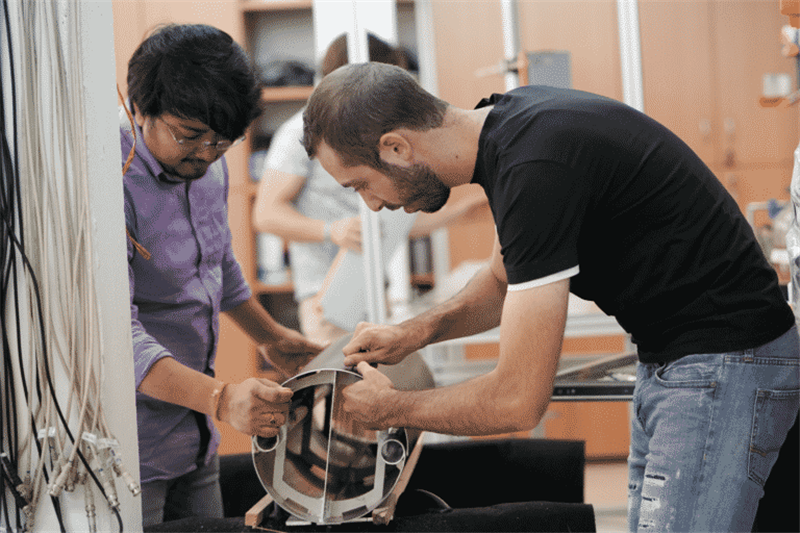
What to do after graduate?
GTIIT MER faculty aims to provide students with solid understanding of fundamentals (mathematics, physics, computer-aided planning) and plenty of opportunities to participate in cutting-edge research projects. Students can pursue their careers in mechanical engineering, energy production, materials, aerospace, automotive, medical devices, automation, and robotics after graduation. If the students choose to enroll in continuing education or higher degree programs for further studies, they will have good chances of studying mechanical, aerospace engineering, or other related disciplines either at the Technion or other top-notch universities around the world. On the other hand, if the students choose to work in industry, they will be highly appreciated by any company seeking employees with strong background in engineering and English, e.g., COMAC, CRRC, DJ-Innovations, Huawei, General Motor, Ford, General Electronics, Tesla, Volkswagen, Samsung, Apple, to name a few. Students can also be involved in start-up companies with prospects to establish their own business in high-tech related fields.
Text/Photos: GTIIT News & Public Affairs
© GUANGDONG TECHNION-ISRAEL INSTITUTE OF TECHNOLOGY | 粤ICP备17036470号
